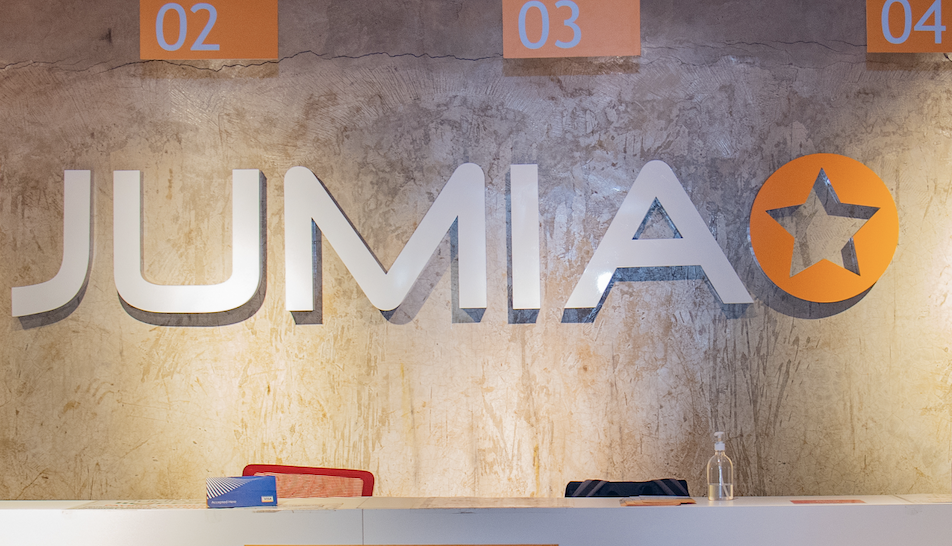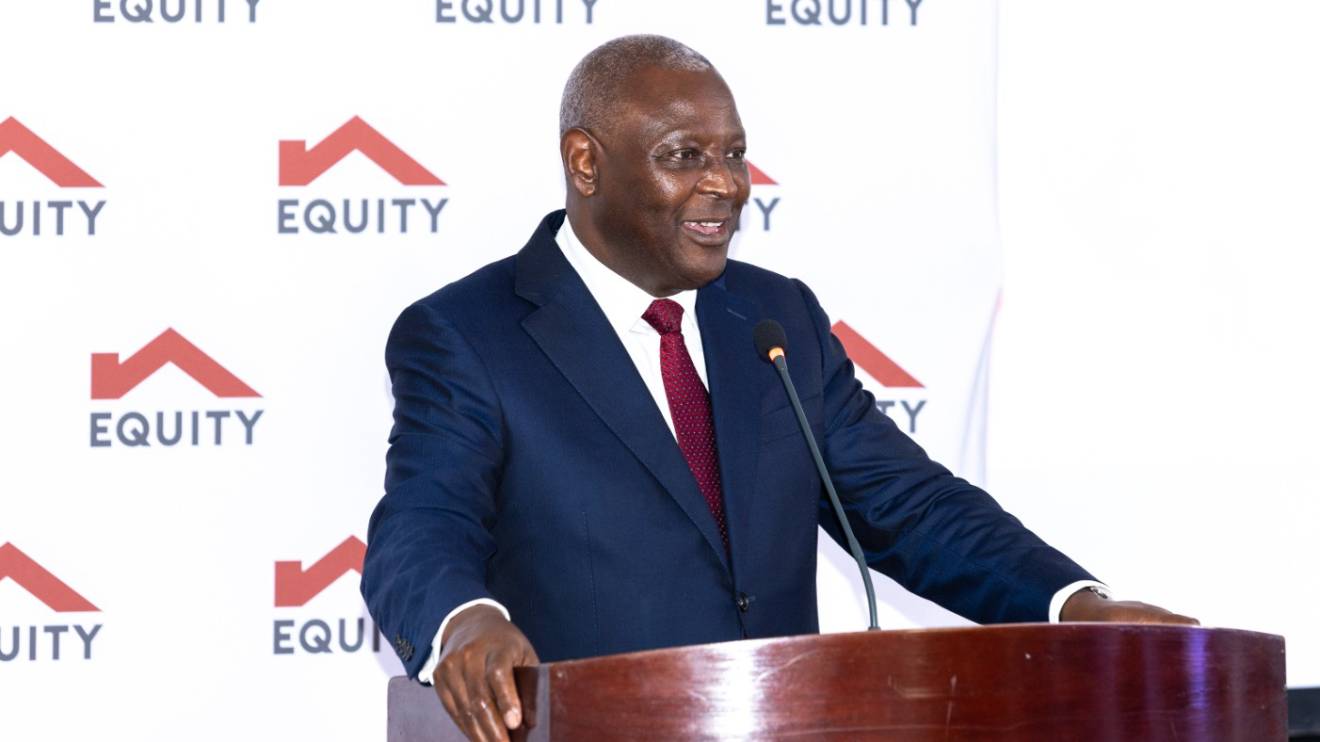Global investor Baillie Gifford has cut all ties with Jumia Technologies AG, fully offloading its shares in the African e-commerce company and exiting with likely heavy losses.
The Edinburgh-based investment firm, once Jumia’s largest institutional shareholder, filed regulatory paperwork in the US on May 5, 2025, confirming it now holds 0 per cent in Jumia, ending years of backing since Jumia’s high-profile IPO in 2019.
In their previous filing dated November 5, 2024, Baillie Gifford had reported owning 18,131,782 shares, which indicated a decrease of 100 per cent.
Back then, Jumia stock traded above USD26 but today it hovers around USD2.50, which signifies a dramatic fall from grace.
Read More
Baillie Gifford’s exit signals investor unease as Jumia struggles to deliver growth in an increasingly cutthroat e-commerce market encroached by global heavyweights like Shein and Temu.
Jumia’s own numbers paint a bleak picture with its Q1 2025 results showing a 26 per cent year-on-year revenue decline to USD36.3 million.
While the company managed to cut losses by posting a net loss of USD16.7 million compared to USD40.7 million in Q1 2024, this appears not to have appeased investors.
Jumia, often dubbed “the Amazon of Africa,” has been in a prolonged restructuring mode.
It has cut its footprint by exiting unprofitable markets like South Africa and Tunisia and slashed marketing costs in favour of cheaper, local channels like SEO and community radio.
But the game has changed dramatically and Temu, which is renowned for its rock-bottom prices, launched in Nigeria in late 2024 offering its customers delivery within two weeks.
Meanwhile, Shein has gone viral in Kenya, Ghana, and South Africa through aggressive influencer marketing, despite neither platform setting up formal operations in Africa.
Their lean, asset-light model gives them a pricing edge that Jumia is struggling to match forcing the latter company to double down on its supplier pipeline from China in response.
“We have significantly strengthened our relationships with international sellers, especially from China,” indicated Jumia CEO Francis Dufay in a recent investor call.
He added: “Our Chinese vendor base is scaling rapidly, and the supply pipeline is more robust than ever.”
Still, losing Baillie Gifford could further dent confidence among potential institutional investors just as Jumia tries to turn around its fortunes and achieve profitability by 2027.


-1729145378.jpg)





